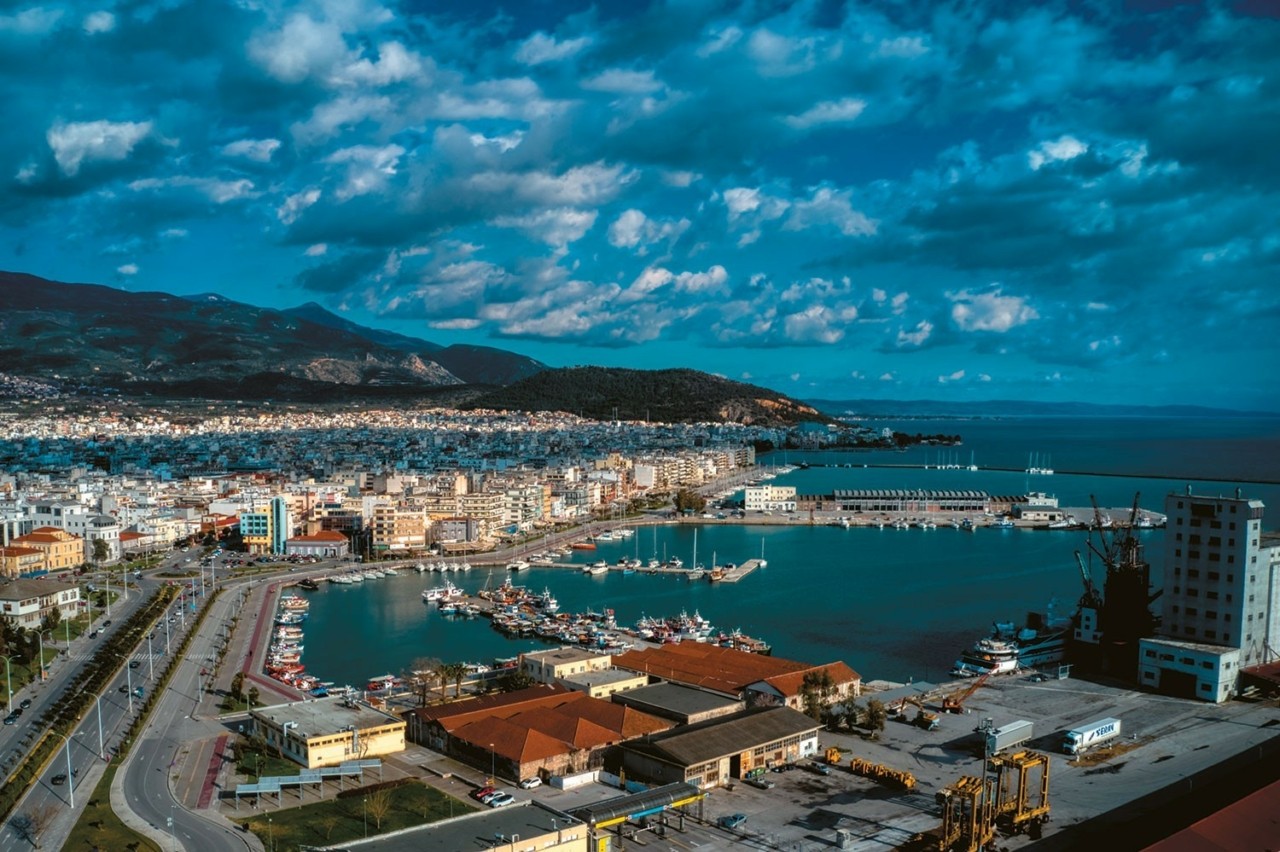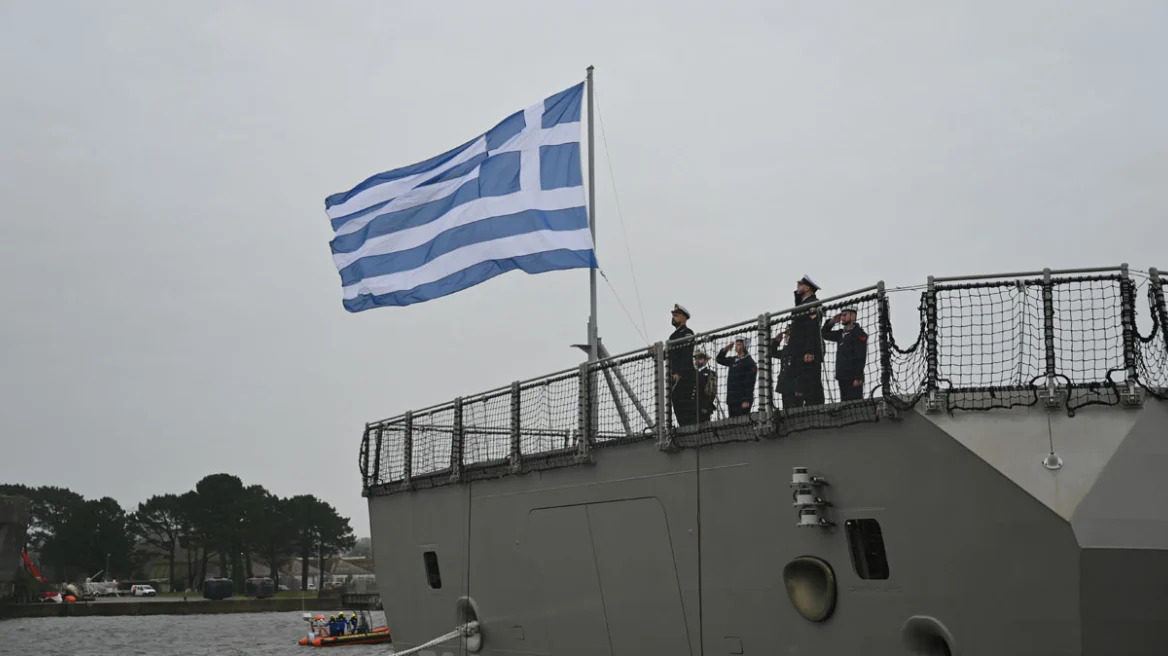Since mid-September, mass die-offs have been reported among fish of the Epinephelidae family (groupers, comb groupers, and dusky groupers) in the waters surrounding Crete and the Cyclades islands. Dead fish have been washing ashore in alarming numbers, with many others found struggling at the water’s surface. Most reports come from Crete’s Lasithi region and the islands of Tinos, Syros, and Andros.
Preliminary observations by the Institute of Marine Biology, Biotechnology, and Aquaculture at the Hellenic Center for Marine Research (HCMR) suggest that viral encephalopathy and retinopathy—caused by the Betanodavirus—are responsible for these unusual mortalities. This virus, common in the Mediterranean, heavily affects Epinephelidae species, which are particularly susceptible. Affected fish exhibit erratic swimming, spiral movements, and buoyancy issues due to swim bladder inflammation, with some floating belly-ups at the surface.
Similar, though less severe, incidents have occurred annually, especially in the fall. Last year, molecular analyses confirmed the presence of the Betanodavirus in dead comb groupers in Disko, Heraklion. This year, a comprehensive investigation is underway, led by HCMR’s Aquaculture Microbiology Laboratory in collaboration with the HCMR Genetics Laboratory and the Institute of Marine Biological Resources & Inland Waters. Samples have been gathered from several areas across Crete, and researchers are closely monitoring the situation alongside local fisheries associations and the Lasithi Department of Fisheries.
Detailed laboratory analyses are expected to provide a definitive explanation. If the virus is confirmed, genetic studies will follow to investigate any potential mutations that might explain this year’s heightened mortality rate. HCMR stresses that the virus poses no risk to humans, as it only affects fish. However, people are advised not to consume washed-up fish as they may have deteriorated.
The viral encephalopathy has also impacted farmed species like sea bass in previous years, although in this case, the affected areas are far from aquaculture facilities, suggesting that the virus exists naturally in the marine environment and can infect wild populations.
HCMR continues its research and invites the public to report any observed fish mortalities by calling 2810 337760 or 2810 337766, or by emailing Dr. Pantelis Katharios at katharios@hcmr.gr. HCMR remains dedicated to monitoring and protecting local marine ecosystems and supporting the fishing community.
The Institute of Marine Biology, Biotechnology, and Aquaculture (IMBBC) at HCMR, based in Heraklion, Crete, with facilities in Attica and Chania, plays a vital role in marine biodiversity, genetics, and aquaculture. With a team of 111 staff members, including 24 full-time researchers, IMBBC is at the forefront of studying and preserving marine life.
Ask me anything
Explore related questions





